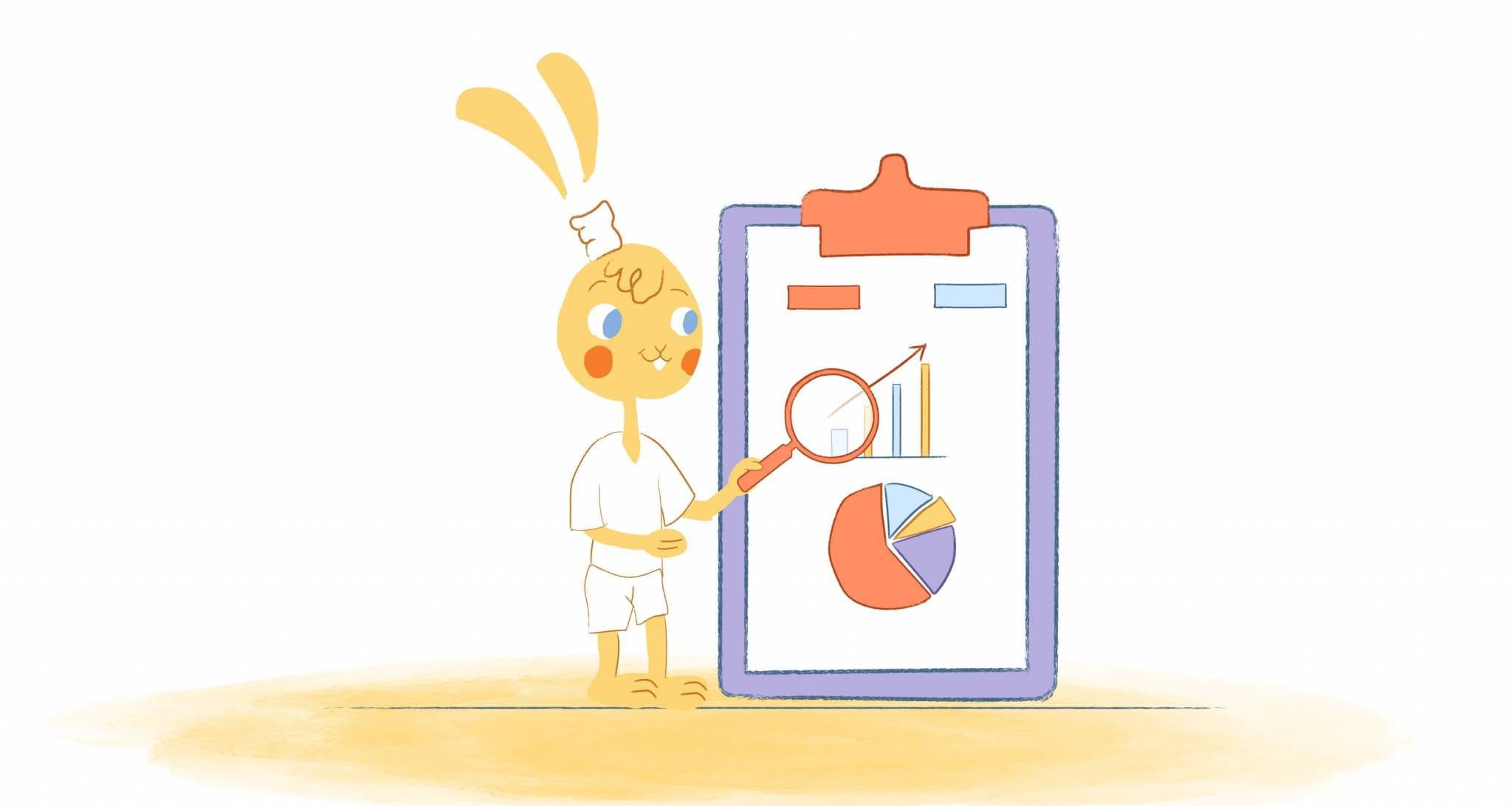

I made a mistake the other day. I didn’t turn off my phone when I was trying to work. And, guess what happened next?
It rang. Since it was from a solicitor, I didn’t care about answering it. Still, it interrupted my flow.
Even worse? I also received a couple of email notifications and texts at the same time. The next thing I knew, I was responding to messages while internally screaming, “Why can’t everyone leave me alone!”
Of course, this was my fault. There’s no denying that we live in a distracting world. I mean, one study found that 66% of Americans check their phones a staggering 160 times per day! In addition to emails, texts, and direct messages, there are also in-person distractions from co-workers and housemates.
Suffice to say; this can be a lot when you need alone time to focus on your deep work. Or, maybe a little solitude to reflect, work out problems, or catch your breath. But, how can you make this possible?
The short answer? By being less available.
I know that this may come across as if I’m antisocial. In reality, though, when you’re harder to reach, you’re fully present with whatever’s in front of you at the moment. Whether it’s work or quality time with your spouse, you have fewer external factors pulling you away.
Another perk? It ensures that you’re focusing on what truly matters at the moment. For example, answering calls when you should be preparing for a meeting. And, when you’re unreachable, you have less stress and can attend to your own self-care.
But, how can you be more difficult to reach? Well, here are 10 suggestions to get started.
1. Make your own rules.
Let this sink in. You are in no obligation to respond to every single message or call. Even if a response is necessary, it’s unlikely to be at this very second.
So, why do you feel like you must respond to others? Because those are the rules, you’ve set.
Think of it this way. A friend texts you a funny YouTube clip. In the past, you respond with a GIF or short message like “LOL.”
Then, out of the blue, you no longer do this. They might get upset. Not because there wasn’t a response, it’s because they expected you to respond.
In short, manage expectations by setting some ground rules.
Again, that could be not immediately responding to others or picking up the phone when it rings. You could also be more upfront about your working hours or typical response time. You can share this information in your email signature, website, or shared calendar.
2. Make your phone not reachable.
Breaking up with your phone is never easy. But, it’s possible. From my experience, start small, like going for a 15-minute walk without it.
You can also make your phone not reachable by;
- Placing it on airplane/ do not disturb mode.
- Change the mobile network.
- Change network mode.
- Forward phone calls.
- Removing your sim card.
- Using apps to block reception or apps at specific times.
- Removing your battery.
- Leaving your phone in another room.
- Blocking calls on your device.
Also, look for alternatives to picking up your phone out-of-boredom. Some ideas would be reading, picking up a new hobby, organizing, and decluttering your home/workspace.
3. Schedule time for engagement and disengagement.
Just because you’re not available, 24/7 doesn’t mean that you’ve become a ghost. For instance, just because you don’t check your emails during family dinner or on the weekends doesn’t mean you leave your inbox unattended. Rather, you read and respond to messages during set blocks of time.
Furthermore, you might not do much socializing during the workweek. However, during your downtime is when you catch up with friends and family.
4. Say “no.”
For most of us, we don’t necessarily enjoy saying “no” to others. Maybe it’s because you don’t want to disappoint them. Or, it could be that you want to be selfless.
The thing is, when you say “yes” to everything, you’re neglecting your priorities. It also adds stress to your life and holds you back from exploring new opportunities and recovering.
So, yeah. It’s alright to be a little selfish and turn downtime requests. And, you can do this without offending others by;
- Just saying it, as opposed to beating around the bush.
- Explaining why briefly.
- Offering an alternative, like grabbing lunch with a friend on a Saturday instead of a Monday.
- Having a policy, such as not answering work calls after 6 p.m.
5. Delegate.
Tired of keeping your inbox in check? If you have the means, hire someone else to do it, such as a virtual assistant. If that’s not in your budget, ask a family member to lend a hand if they have the availability.
You can also use bots and auto-responders. For example, if you want to go off the grid this weekend, create an out-of-office message. If anyone contacts you will receive a message informing them that you’re out of town and will get back to them upon your return.
6. Be antisocial.
You don’t have to be on each and every social media platform. Instead, zero in only on the platforms that you actually use.
But what if you’re disciplined enough to limit your social media time? Bully for you. That still doesn’t mean that you won’t receive a notification.
For me, I deleted the Facebook app from my phone a very long time ago. I still the account, though. And, that means I still received a ton of emails each day until I changed the notification settings.
7. Limit contact points.
I get that in business, you want people to easily get in touch with you. At the same time, you don’t have to plaster all of your contact information online. For example, on your website, only include your work email address and not your phone number.
8. Go into hiding.
Let’s say that you need an hour to focus. Instead of staying in your office, grab what you need and disappear to a coffee shop. After you’ve purchased your drink of choice, no one is going to bother you.
What’s more, since you’re in a coffee shop, your phone is probably on silent — if not, make sure to do this to avoid awkward stares if it rings. Even if you received a call, etiquette dictates that you won’t answer it. And, once you’ve wrapped things up, you can return to your office.
Because you aren’t going on a month-long excursion here, you probably don’t need to tell everyone where you’re at.
9. Put up a stop sign.
Sometimes you just need to be upfront with people. For instance, if you have an office door and it’s closed, people aren’t just going to barge in — bonus points if you have a “Do Not Disturb” sign. They know it’s closed for a reason.
What if you don’t have such a luxury? Putting on a pair of headphones sends a clear signal that you don’t want to be bothered. There are even gadgets like the Busylight that can be placed on your desk. If it’s red, then that means you don’t want to be disturbed.
10. Show your non-availability.
It’s quite invasive, but social media and tools like Slack display your status. Even if you’re not actively on these platforms, this could let others know that you’re available to shoot the breeze.
The simplest way to resolve this? Change your status settings. Or, better yet, spend less time on social media and have more meaningful, real-world interactions.
Additionally, consider sharing your calendar with others. Ideally, this should be within your inner circle, like your family and colleagues. But, you could have a link in your email signature or website that shows when you’re free and when you’re not.
Image credit: noelle otto; pexels; thank you!











John Hall
John Hall is the co-founder of Calendar a scheduling and time management app. He’s also a keynote speaker that you can book at http://www.johnhallspeaking.com.